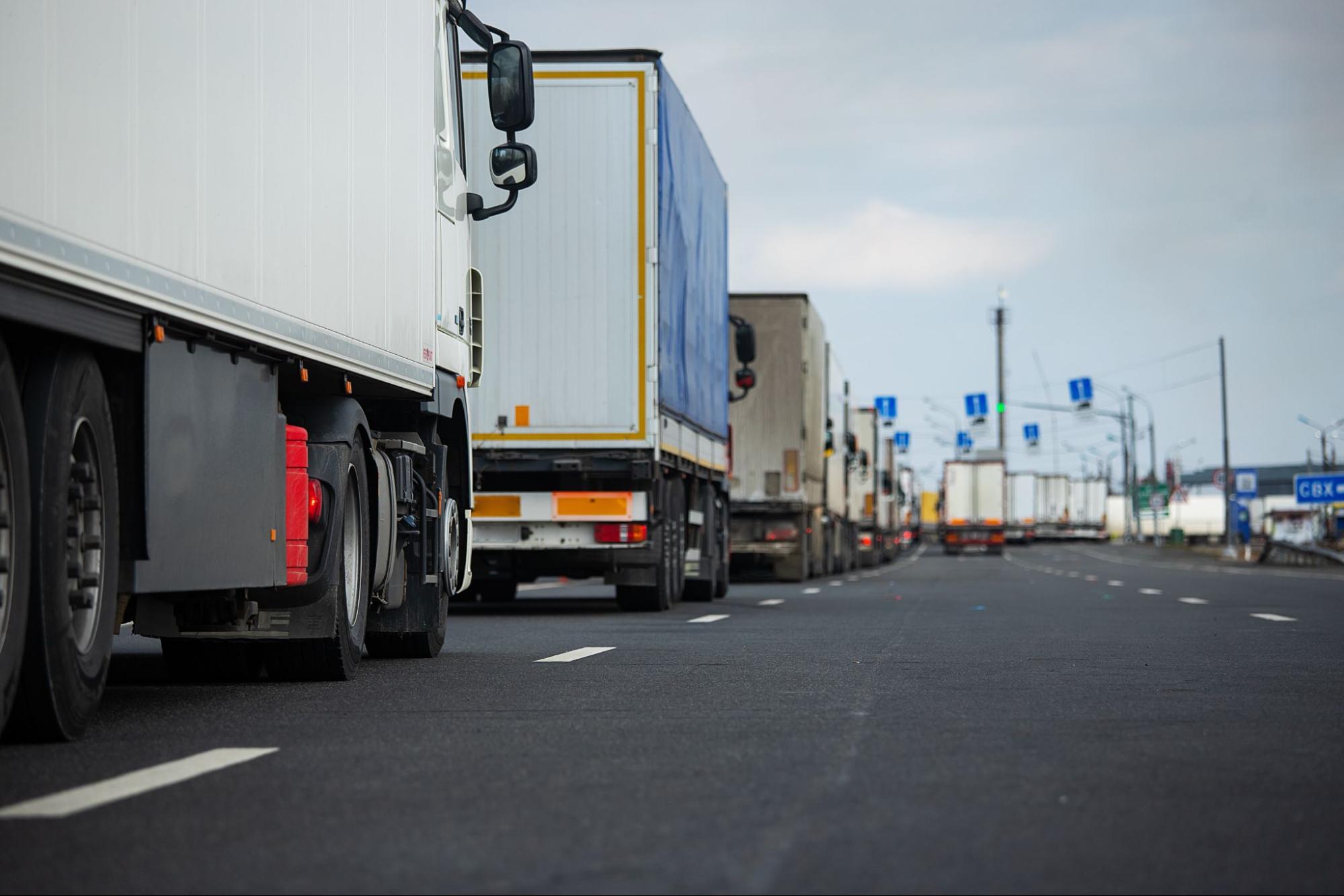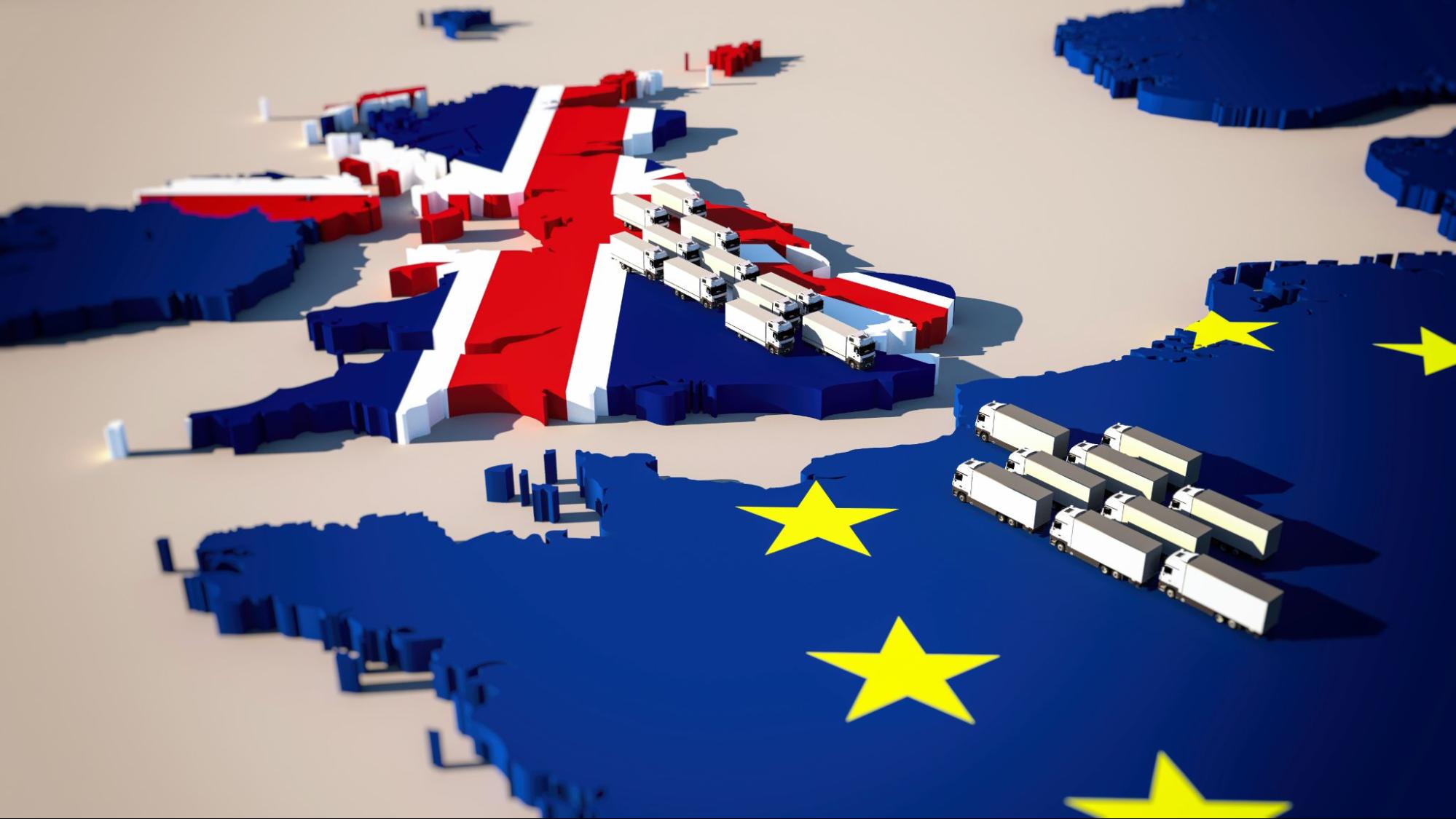Has your eCommerce business been impacted by Brexit? Online retail accounts for around a quarter of total sales in the UK. That rose to over a third during the pandemic, providing a silver lining for online retailers who fought through the disruption. But Covid-19 hasn’t been the only challenge for them. Yes, we’re talking about the ‘B’ word.
In this post, we discuss the impact of Brexit on the UK’s online retail industry.
Brexit’s Impact On UK eCommerce Businesses
While the referendum was held in 2016 and Article 50 signed in 2017, it’s only in the last couple of years that the real impact of Brexit has been felt. That’s especially true for UK businesses.
As part of the Brexit deal, the UK agreed to leave the EU’s single market and customs union – bringing an end to the free movement of goods on 31st December 2020.
From 1st January 2021, businesses importing from and exporting to the EU have faced a number of additional hurdles. It didn’t take long for that to reduce the volume of goods moving between the UK and EU, with an immediate 68% drop in exports in January 2021 compared to January 2020.
Here’s why…
Customs Complications Are Costing Time and Money

Since the start of 2021, all goods moving between the EU and UK need to be checked for regulatory compliance, plus health, safety and other purposes. Put simply, there are a lot more forms to fill in to declare goods – taking up more time and costing more money, including:
Customs Declarations:
A customs declaration is an official document that provides details for any goods exported to the EU from the UK (or vice versa). It includes information about what the goods are, their value, how they will be transported, and any tariffs or duties that apply to them. This document is required for each shipment between the UK and EU.
Proof of Origin:
Another required customs document relates to the rules of origin (more on this below). To avoid additional charges, UK sellers must prove that goods originated in the UK or EU. That means contacting parties at different stages of your supply chain to obtain proof.
Proof of Export:
Goods exported to the EU can be ‘zero rated’, meaning you don’t have to charge customers VAT. However, you’ll need to provide proof of export for each shipment. That includes evidence that the goods have left and proof that the transaction took place. You’ll need to keep that evidence for six years in case HMRC wants to check. Failure to do so can result in you having to pay the VAT yourself!
Brexit Duties and Fees are Driving Away Customers

On top of that, there are additional charges on post-Brexit cross-border sales. EU customers buying from the UK may be subject to import charges. While the Trade and Cooperation agreement allows for zero tariffs on most goods, they must meet the relevant rules of origin. This means proving that all the goods, materials and ingredients originated in the UK or EU.
Unfortunately, that’s not possible for all products. In the food industry, for example, there are countless ‘non-originating’ products, such as:
- Caribbean cane sugar imported and then refined in the UK
- Indian rice imported and then milled in the UK
- Any products using meat from animals that weren’t born and raised in the UK or EU
Non-originating products are subject to customs duties, which apply to all products costing more than €150. There are also excise duties on goods containing alcohol or tobacco. Not to mention the clearance charges, brokerage fees or ‘Brexit surcharges’ being charged by shipping couriers, such as €15 per parcel with DPD, which eCommerce companies will need to pass onto their customers.
In many cases, this all contributes to customers going elsewhere, resulting in a loss of business for UK retailers.
Shipping Delays Are Also Resulting in Lost Customers

Next are the shipping delays. With increased border checks and additional admin, it’s no surprise that things are taking longer to move between the UK and EU. The UK has already pushed back its implementation of full border controls several times to avoid making things worse.
With 3-5 days the maximum delivery time for 71% of consumers – and 11% expecting products in 1-2 days – delivery speed is vital to the eCommerce industry. Delivery timing alone can be make or break a brand’s ability to retain customers, with negative delivery experiences being enough to stop the majority of shoppers and their friends from returning to your business.
Unfortunately, a whopping 44% of supply chain managers experienced delays of at least 2-3 days post-Brexit, according to a survey by the Chartered Institute of Procurement & Supply. That means almost half of shipments from the UK to EU customers are taking too long!
That’s if everything goes to plan. Reports by The Times suggest that some post-Brexit cross-border sales are taking up to eight weeks to move between the UK and EU, with incomplete or missing information to blame. It’s fair to say that most customers wouldn’t be returning after such a major delay.
There is a solution to get around Brexit fulfillment issues…

At Autofulfil, we help UK-based eCommerce brands continue to reach their EU customers, deliver a great customer experience, and continue with cross-border business. Our Brexit Fulfillment solution allows you to sell your goods to EU customers without the added cost, delays, and hassle.
Based in Ireland – an EU member state – our fulfillment centre can store, manage, and ship your products to European customers for you. So, rather than arranging customs clearance for each order you send out, you can simply send us one large shipment of inventory – and only deal with customs once for each bulk shipment. We’ll then pick, pack and ship products as and when they’re ordered – on your behalf. Because every order to EU customers is shipped from us within the EU, there’s no need for every shipment to go through customs, meaning customers will receive their orders quickly.
The results? Your EU customers get a great experience with fast delivery. You cut out the hassle of post-Brexit customs on every order. And your UK eCommerce business can continue accessing the EU market and selling across the border. Sound good? Request a call today to discuss your needs and how we can help with post-Brexit fulfillment!


